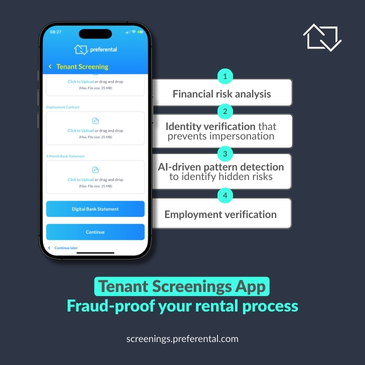First-Time Buyers: Why Renting is Smart During High Interest Rate
Rising interest rates are making home loans unaffordable for first-time buyers, prompting many to consider renting for flexibility and lower risks.
- Rising interest rates have made home loan repayments unaffordable for many first-time buyers, leading some to consider renting instead.
- Despite a recent interest rate cut, home loan costs remain significantly higher than before the rate hike cycle began in 2021.
- Renting provides flexibility and lower financial risks, making it an appealing option for prospective buyers facing steep costs and market uncertainty.
Understanding Interest Rates: Challenges for First-Time Homebuyers
With high interest rates stretching many recent homebuyers to their limits, André van Rooyen of PayProp suggests that first-time buyers may be better off renting for now.
The rising costs associated with homeownership, including maintenance fees, levies, and most notably, mortgage repayments, have left many feeling overwhelmed. The recent 0.25% interest rate cut is minimal, especially considering current rates are the highest since 2009.
Millennial homebuyers have increasingly turned to social media to voice their frustrations over unexpected costs, which have significantly impacted their financial planning. For instance, one South African TikTok user reported that her monthly loan repayment surged from R8,000 to R17,000 within a few months.
In September 2024, the South African Reserve Bank lowered the prime lending rate to 11.5% for the first time since 2020. However, this is still 64% higher than the rate before the cycle of increases began in November 2021. While some lenders offer discounts to first-time buyers, these reductions pale in comparison to the rising costs associated with the prime rate.
The Impact of Interest Rates on Buyer Behavior and Renting Trends
Consequently, many prospective buyers are postponing their purchases. Data from Ooba Home Loans indicates that new market entrants made up 46% of applications in Q1 2024, down 3% from the previous year and 10% lower than the peak in 2020. This shift reflects the growing apprehension about entering a volatile market.
In contrast, the PayProp Rental Index shows that tenants have largely been insulated from the pressures of rising interest rates, even as homeowners face escalating repayments. Rental growth reached a seven-year high in Q2 2024 but had been consistently below inflation until recently. Moreover, rental payments are decreasing as a percentage of income, allowing tenants greater disposable income compared to the previous year.
Van Rooyen highlights the advantages of renting, noting that it offers greater flexibility for individuals who may need to relocate for job opportunities or simply wish to explore new areas—options that many exercised during the pandemic. While the stability of homeownership remains attractive, the risks posed by fluctuating interest rates lead many to view renting as the more prudent choice in the current economic climate.






.avif)

.avif)


.avif)

.avif)




.svg)


.avif)

.avif)







%20.avif)








.avif)
%20.avif)
